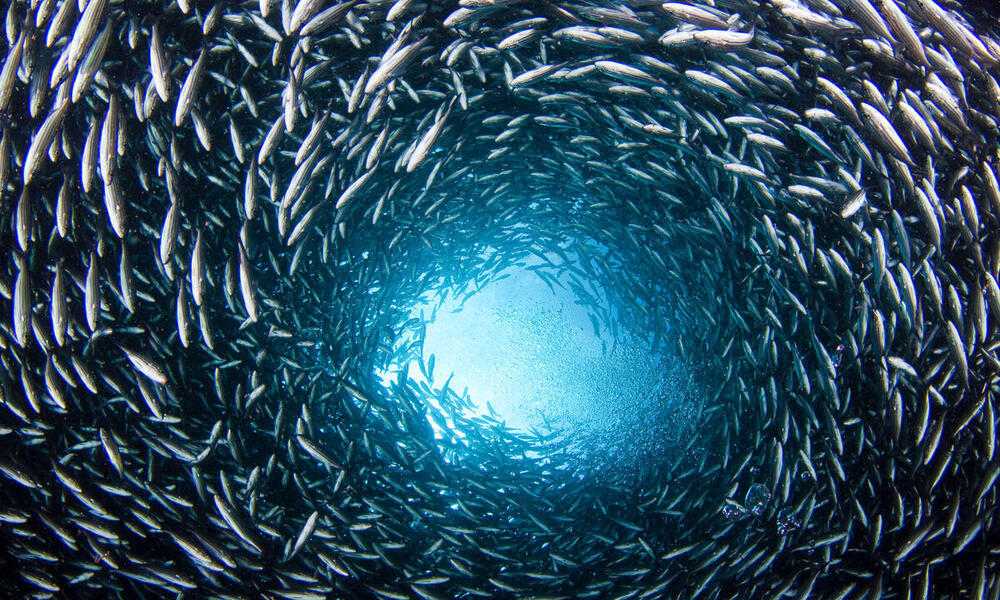Conflict is a major cause of environmental damage. Conflict can destroy sensitive habitats, result in catastrophic pollution and contamination, and kill wildlife. It can also devastate existing conservation efforts by damaging infrastructure, creating mistrust between communities and their government, inducing migration, and directing attention and resources toward conflict cessation.
Additionally, competition for natural resources is a known driver of conflict and instability. Climate change and disasters like droughts can create resource scarcity and food insecurity. Competition over high-value commodities—like minerals, fossil fuels, and, increasingly, fisheries—can escalate into violent conflict.
But there is hope: the cooperation that can emerge from conflict transformation and peacebuilding initiatives can go hand-in-hand with wildlife protection and ecosystem conservation. Building trust, prioritizing community-led resource management, anticipating and avoiding causes of conflict within conservation interventions, and centering social justice and equity issues not only reduces conflict, but also makes conservation programs more effective, impactful, and lasting.
In this spirit, Oceans Futures will develop innovative programs at the intersection of climate change, ocean health, and peace and security. Our lighthouse project, the Oceans Futures predictive platform, will identify future hotspots of ocean conflict. We have partnered with Earthrise Media and the International Conservation Caucus Foundation to develop this analytical platform to provide ocean stakeholders access to cutting-edge data and machine learning technology to understand where, when, and why conflict over fisheries will happen under scenarios of climate change. This will allow experts in the national security community, seafood industry, and conservation organizations to help direct strategies and resources to solutions that reduce gaps in ocean-based food security while tackling crime at sea and fisheries conflict.
We are also partnering with the UN Office on Drugs and Crime to improve maritime enforcement efforts and reduce environmental crimes. At this year’s international climate talks (COP27), we joined UNODC to draw needed attention to gaps in international law that, if addressed, could provide new tools to reduce pollution and illegal fishing, and curb climate change. Our recent report on environmental crime and legal solutions helps advance this discussion.
The magnitudes of the climate and biodiversity crises can seem overwhelming. That’s why we’ve adopted an integrative approach, at the scale of meaningful seascapes, to tackle these challenges. Only by harnessing the creativity and cooperation of all sectors–government, industry, non-governmental organizations, academia, and civil society–can we achieve the scale of change we need. And that cooperation will lead to transformative breakthroughs, new alliances, and a healthier, more peaceful planet.
